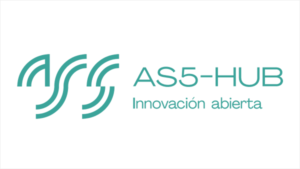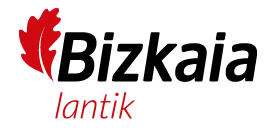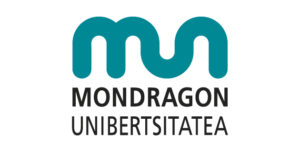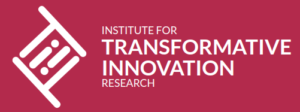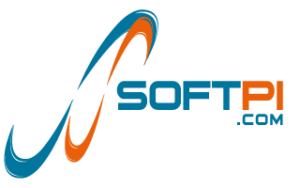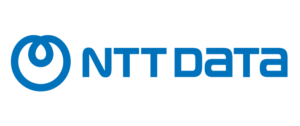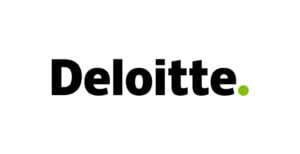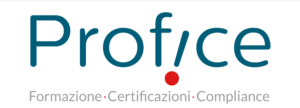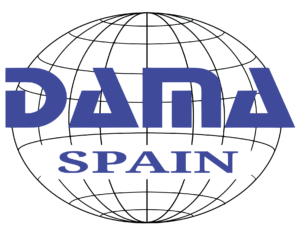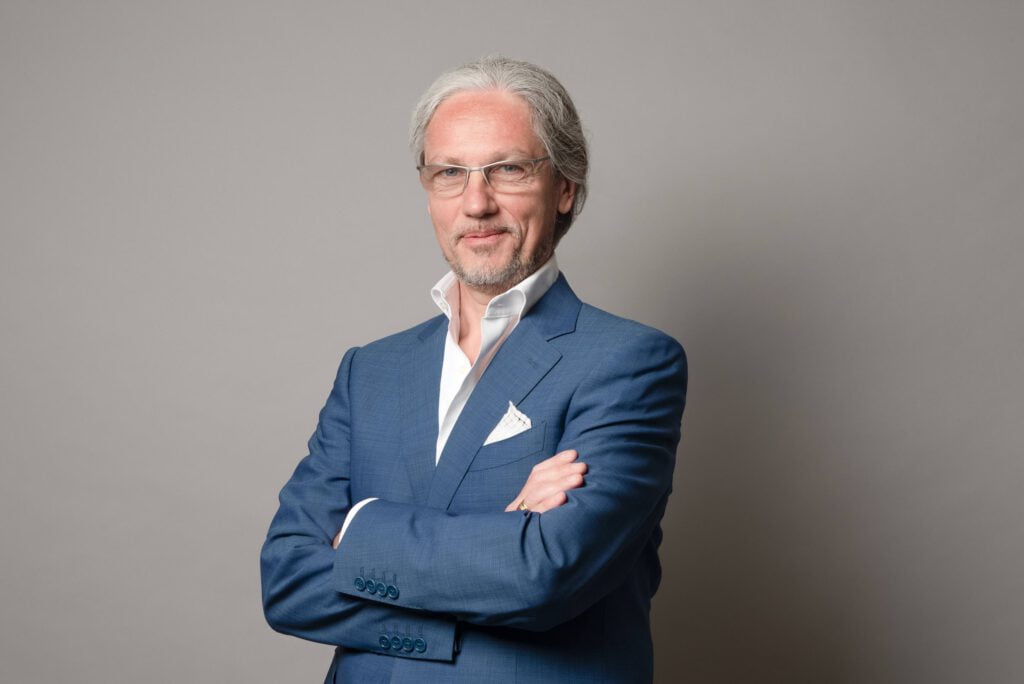
Francesco Bonfiglio of Gaia-X among the protagonists of the Data Management Summit Italy
We are revealing day after day all the professionals who will participate with their presentations at the most important event of Data Management. For the first time a forum seeks to focus on Data Management in its entirety, from governance, through security, cloud, machine learning, virtualization of data and much more. Today we present Francesco Bonfiglio who will be among the protagonists of the Italian edition of the Data Management Summit that will take place on July 7 in Roma.
Tell us a little about yourself and your professional background
My name is Francesco Bonfiglio, the CEO of Gaia-X, an international not-for-profit association that is aiming to build the next generation of data-infrastructures and common data spaces in Europe.
My background is in technology, and electronics by instruction. I grew my career, bottom up following the birth of SW from HW and of what we call today Digital, having worked in many industrial sectors, from defence, to manufacturing, energy, utilities, media, etc., and following the evolution of what we call today data economy, helping organisations in defining their strategy to adapt and win in this new world. In my previous experience I was the executive of many large international companies, like HP, Unisys, Accenture, Engineering to name a few, with an international leadership role. Still, I have an entrepreneurship mindset and an independent strategic advisor for corporates and startups.
Let’s explain in a few words what Gaia-X is and why it is so important for Europe?
Gaia-X is an international not for profit association grouping today 350 members from the world of, both, users, and providers of technology. The need for the first is finding a new reliable way to use technology, in order to build their competitiveness of the future through data exploitation, both their own, but also data from the ecosystems they live and work in. The need for the latter is finding a way to protect from the monopolism of a few technology players that are in fact setting the rules of the market with non-transparent, non-controllable and non-interoperable technology platforms. The need of all therefore is unifying a joint effort to build a new generation of data infrastructure, that adhere to a common set of rules and principles in line with the european law, regulations, and principles, and to enable a new european data economy through a new generation of technology platforms that can interoperate and be reliable like none of the existing ones. We are not building a new cloud provider, but we are helping cloud providers to build a new generation of Gaia-X services that provide what the market needs and is missing: a real European alternative. We are not developing industrial dataspaces in the energy, agriculture, mobility, industry, but we are grouping the best market players in these sectors and helping them to build these common data spaces, thanks to the rules and technology we will provide, and thus remain competitive in a market, where most of the value to market will be determined by data (not by cost of labor or access to raw material).

What are your challenges, what do you like to do with data?
Our challenge is to understand and synthesise our member’s needs and expectation in something tangible and usable. In the area of data, the main challenge is to stimulate the creation of a common set of dataspace creation projects. This requires the members, developing dataspace projects, to focus on designing the use cases that will produce reciprocal value across the participants exchanging the data. This is one of the most difficult part of ‘data exchange’ – not the technology itself – because it requires the analysis of what data you have; what you can share to get something in return without losing competitivity, what you really need to retain not just because it is ‘yours’ but because you need it. We come from two decades of fear of exchanging the data because it is our property, and being enslaved out of fear to technology platforms that are managing our data under their own private and centralised regulation, and we have not really capitalised on those data making them equally available on anyone, hence restricting their potential and of the wider’s community as a result.
Do companies have the right culture to manage data correctly?
Like mentioned above, the cultural gap is one the most relevant. But is also of a financial cultural gap. We are still used to a traditional model of building products or services using only our own resources and sharing the minimum with others seeing them as competitors. The opensource enterprises when sharing code can be an extremely effective way to reduce the cost of maintenance and evolution of it, really enhancing the capability to focus on building value on top of that SW. On the data as well, instead of burning our mind in understanding the value of our data before selling it or making it available for free, we should start sharing – if not the data – the type of data we have with others and let them tell us what the value when they see it and therefore establish a value.
What are the most important challenges for CEOs CIOs, CDOs, CTOs for 2023?
The role of technology has deeply changed: from a cost to a business driver. As a consequence, the role of IT executive needs to change as well – from being focused on operations management to focus on business strategy and development; from being measured on infrastructure cost management, to be measured on sales; from being an innovation adversary, to turn into innovation evangelists that bring a multi-level impact. The IT executive should and has to drive the business strategy, organisation, offering portfolio definition and largely the competitiveness of any business in any sector.
How to accelerate the adoption of Open Linked Data in public administration?
Any concept containing the words ‘open’, ‘data’ and ‘links’ is interesting by definition. One of the objectives of Europe 2030 and of the RRF as well, is to achieve a level above 70% of the digitalising the public administration services. This will intrinsically make PA dependent on 70% up to technology platforms (which per se is a risk to be managed, unless we build a new generation of trusted data platforms), but most importantly to move from ‘digitised’ services (i.e. a web site instead of a postal office) to ‘digital’ services (i.e. the connection between my identity data, my medical records, my tax data, my financial services to pay services, the public institutions like school, hospitals, public transportation, homeland security etc.) required open and linked data. Data must be made available to be exploited, but also, they must give a return to whom provides those data, and these being citizens receiving public services with better quality, high availability, bigger reach, greater impact for their life, families, jobs, health is the expectation.
Why you can’t miss the Data Management Summit
The DMS is an exclusive event leading the data management community in the technology landscape, an open discussion forum to share experiences and use cases. An essential summit for CEO, CIO, CTO, CDO, BI Managers, Data Governance Officers, Data Scientists who implement emerging technologies to solve new technological challenges. The event takes place in different editions and countries. The Italian edition will be held on July 7 in Rome at the headquarters of SMI – the LATAM edition is for September 20 (online only) and the Spanish one as always on October 20 at the Nebrija University of Madrid.
To register you must do it on the site.
http://datamanagmentsummit.org


